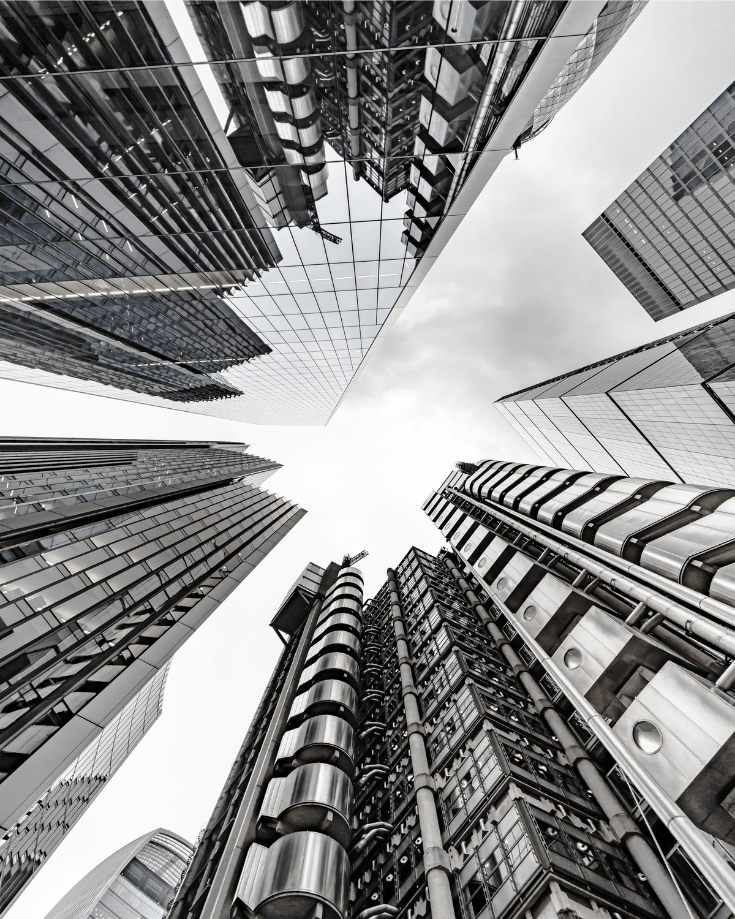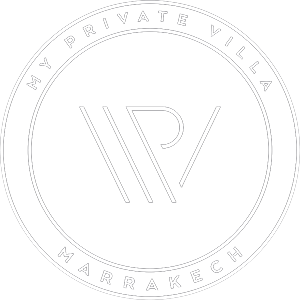Real Estate in Morocco in 2025: A Pivotal Year for the Sector

With a 6.3% contribution to the national GDP and an annual production of nearly 160,000 housing units, real estate plays a vital role in Morocco's economy, serving as a pillar for strategic sectors such as tourism, industry, and agriculture. In 2025, this evolving market offers unique opportunities driven by significant reforms and promising trends. Whether you're a seasoned investor or a first-time buyer, this is the ideal year to explore why Morocco's real estate sector is worth investing in.
Far from being limited to local dynamics, Morocco's real estate sector integrates into a global framework shaped by the growth of emerging markets. Morocco positions itself as a key player, attracting investors worldwide with its potential for sustainable growth and well-tailored reforms.
(Source: atlascapital.ma)
Challenges and Current Issues
-
Complex Laws and Procedures
Morocco’s real estate sector is governed by numerous laws, some of which are outdated. These complex and poorly adapted regulations lead to disputes between property owners, investors, and administrations, causing lengthy and costly delays. These barriers also hinder the initiation and completion of many real estate projects.
In 2025, the Moroccan government aims to address these issues with ambitious legislative solutions. The objective is to create a predictable legal environment, crucial for reassuring investors and speeding up ongoing projects.
For more details, read our article on major obstacles in Morocco's real estate sector.
-
Lack of Reliable Information
Accessing reliable data remains a challenge for first-time buyers and investors. This complicates risk assessment and quick, informed decision-making. Poorly documented or insufficiently transparent projects can create uncertainty and erode trust.
Initiatives to centralize data and promote interactive digital platforms are being developed to bridge this gap. These tools aim to provide better visibility of opportunities and more accurate risk assessments.
-
Rapid Urbanization and Infrastructure Pressure
Major Moroccan cities like Casablanca and Rabat are experiencing exponential urbanization. This rapid growth puts significant pressure on existing infrastructure, causing traffic congestion, a shortage of green spaces, and overburdened electricity and water networks.
Urban development strategies are underway to address these issues. These include creating new residential zones on the outskirts of major cities, better connected by modern transport infrastructure.
Ongoing Reforms and Solutions
-
Simplification of Laws
The Moroccan government has initiated several reforms to modernize and simplify the legal framework for the real estate sector. Key initiatives include digitizing administrative processes and introducing new laws to ensure more transparent transactions. Establishing a one-stop shop for real estate authorizations is also on the agenda.
For more details, check out our article on proposed solutions for Morocco's real estate sector. -
Training Key Stakeholders
Continuous training is a cornerstone of the current reforms. Judges, lawyers, real estate agents, and developers are being trained to better understand the new regulations. Banks, too, are offering workshops to help first-time buyers better grasp available financing options. These initiatives aim to enhance the sector's competence, reduce disputes, and increase investor confidence. -
Promoting Mediation
Using mediation and arbitration is becoming a preferred solution for quickly resolving disputes. This approach eases the burden on courts while offering an effective and flexible alternative for the parties involved. -
Encouraging Eco-Responsibility
New constructions increasingly incorporate sustainable practices. Using eco-friendly materials, integrating solar panels, and developing self-sufficient real estate projects highlight efforts to align the sector with international standards and modern environmental expectations.
Favorable Factors for Investing in 2025
-
Historically Low Interest Rates
With mortgage rates among the lowest in recent years, 2025 is particularly advantageous for securing real estate loans. This reduces long-term costs for investors and facilitates homeownership. Fixed rates start at 4.20% (excluding taxes), and variable rates at 3.80%. Consumer credit rates start at 6%.
(Source: fnpimaroc.net) -
Government Support Programs
Initiatives such as “Dâam Sakane” play a key role in facilitating homeownership. This program offers subsidies for first-time buyers and tax advantages for investors choosing developing areas. These incentives also promote eco-friendly construction.
Download the application here:(Google Play: Download ; App Store: Download)
-
Strategic High-Potential Areas
Certain Moroccan regions stand out for their economic dynamism, tourism appeal, and modern infrastructure, offering exceptional investment opportunities:
- Marrakech: As a global tourist destination, Marrakech attracts luxury projects, such as high-end residential complexes and five-star hotels. Desirable neighborhoods like Hivernage and Guéliz offer strong medium-term appreciation.
- Tangier: Its proximity to Europe and the Tanger Med port make Tangier a major growth hub. Industrial and residential zones are expanding rapidly, providing opportunities in modern, well-connected projects.
- Agadir: A coastal city undergoing significant expansion, Agadir is ideal for rental investments in tourism properties. Seafront developments, particularly those emphasizing sustainable tourism, are highly sought after.
- Casablanca: As the country’s economic heart, Casablanca continues to attract commercial and residential projects, especially in emerging districts like Zenata, designed as a sustainable, eco-friendly city.
Strategic Recommendations for Investors
- Diversify Investments: Combine residential, commercial, and industrial properties to minimize risks while maximizing returns.
- Focus on Green Technologies: Prioritize properties that comply with environmental standards, such as those with solar panels or smart water management solutions.
- Target Developing Areas: Direct your investments toward cities like Tangier or Casablanca to benefit from projects supported by modern infrastructure and government incentives.
- Anticipate Rental Trends: Study demand projections for rental properties, particularly in tourist and economic hubs.
- Act Quickly: Land and property prices in certain areas are rising rapidly. Investing early ensures optimal value appreciation.


